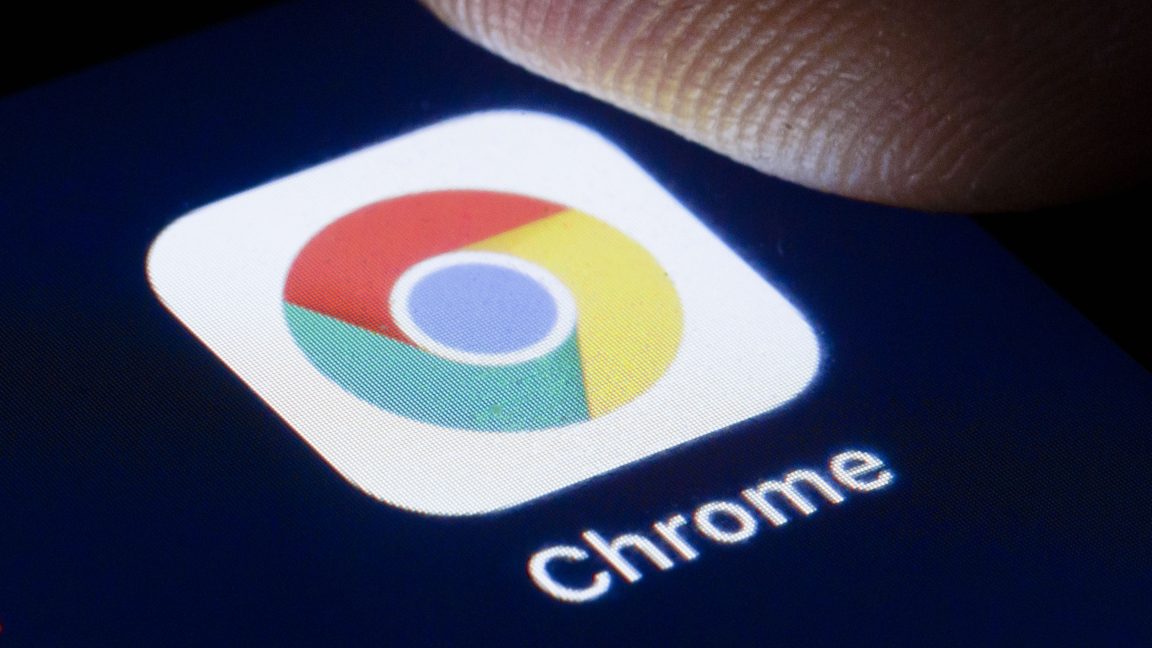Perplexity floats $34.5B cash bid for Chrome as antitrust divestiture looms

Fresh off a major antitrust setback over its search business, Google may soon be pushed to part with one of its signature products. Among the remedies on the table is a requirement to spin off its market-dominant Chrome browser — and Perplexity has stepped forward with a headline-grabbing $34.5 billion cash bid. There’s just one catch: Perplexity doesn’t have that kind of money on hand.
The AI-centric startup has surged alongside the broader boom in generative tools, planting its assistant on smartphones and bundling it into a custom browser experience. Despite raising roughly $1 billion to date and carrying a private valuation near $14 billion, the company’s offer for Chrome is more than double its own worth — by design.
In today’s frothy AI market, capital is abundant enough that an offer of this size can be assembled from outside backers. The proposal is described as an all-cash deal financed by a consortium of venture investors, though specific commitments haven’t been publicly detailed.
Interest in Chrome hasn’t been limited to a single bidder. During spring remedy proceedings, multiple tech rivals signaled they could operate and evolve the browser at scale. One prominent AI company even floated turning Chrome into an explicitly AI‑first experience, undermining claims that no buyer could responsibly steward the product.
Google, for its part, has blasted the notion of a forced sale as extreme. Chrome isn’t only a consumer browser; it’s also tied to the Chromium open source project that underpins numerous third‑party browsers, including those from other major vendors. Perplexity’s offer reportedly earmarks $3 billion to fund Chromium operations for two years and pledges to keep the project fully open source. The company also says it would not mandate any changes to Chrome’s default search engine.
An unsolicited offer
A remedies ruling from US District Judge Amit Mehta could arrive soon, making the timing of Perplexity’s approach notable — but there’s still a long road ahead. This is an unsolicited proposal, and there’s no sign Google is eager to divest Chrome the moment a decision lands.
Even if the court ultimately requires a sale, the final price could be far higher. Suggested valuations have ranged from around $50 billion to well into the hundreds of billions, reflecting how valuable Chrome’s user base and telemetry could be in training and deploying future AI systems. By that logic, almost any price would feel like a strategic loss for Google.
Should a divestiture be ordered, expect protracted legal challenges that could stretch for months or years. And if the sale proceeds, public sentiment may become another hurdle. Many users could balk at the idea of a flagship browser moving under the control of a fast‑growing AI startup or a coalition of venture funds. Google’s data practices with Chrome have long drawn criticism — but for many, that’s the devil they already know.



